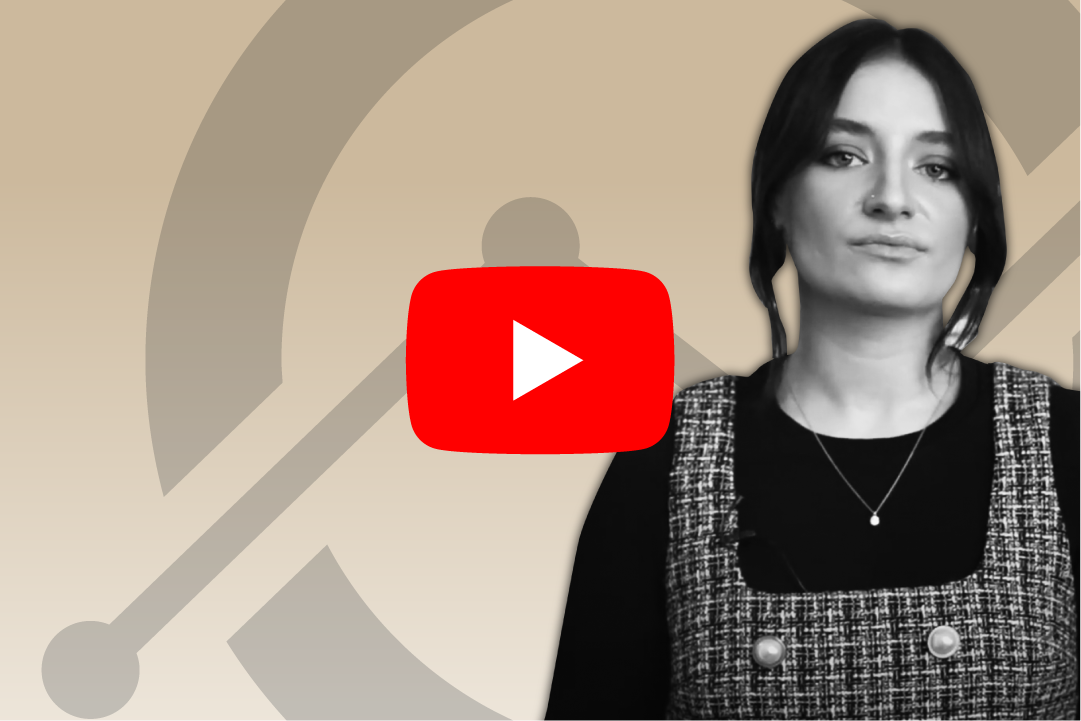When people invest, they tend to do it to grow their wealth. Particularly in times when interest rates are low, investing in the markets is one way of chasing higher returns than other types of accounts can offer.
When you start investing, you’ll come across a lot of different acronyms and terms that are important to get to grips with. One of these is “Compound Interest”. This is an important topic.
Albert Einstein called it the “8th wonder of the world” as well as “one of the most powerful forces in the universe”. As far as the world of investing goes, he was absolutely right. So, let’s explain what compound interest is and why it’s so important for investors.
Compound interest can be summarised as “interest on interest”. This means that, as your investments generate returns, those returns start to generate interest of their own.
For example, if you deposit £10,000 in an account that pays 10% annual interest, you’d have £1000 in interest after a year. Compound interest is interest that you earn on interest. So, in the example, in year two, you’d earn 10% on £11,000. This means you’d get to £12,100 and not just £12,000.
That extra £100 you earn is the effect of compound interest and it tends to grow over time. In the third year, you’d start with £12,100 and you’d earn £1,210 in interest, £110 more than the previous year, and so on.
After 10 years, following the theoretical example of a constant 10% level of interest, compounding interest would add £5,937 to the £10,000 of direct revenue. After 20 years, compounded interest would equal £37,275, up against £20,000 of direct revenue. This is because the effect of compounding interest is incremental, and with a steady rate each year you would get a little bit more than the year before.
These numbers are purely there as an example and, in real life, markets go up as well as down. They may, however, help you to visualise the exponential effect of compound interest over time.
Naturally, the more you initially invest, the higher the effect of any compound interest is likely to be. Also, the longer your time horizon is, the more chance your savings will have to grow and start making their own returns.
Compound interest can lead to exponential growth, a snowball effect that can transform an investor’s future. This means that your earliest contributions are often your most important, because they have the longest time to compound.
Over a long enough period of time, the interest generated by your profits can become much more important than the profits generated directly by your initial investment. Combined with regular top-ups and effective wealth management, the effects of compound interest should not be underestimated.
So, we’ve explained why compound interest is important, but now let’s look at how you can take advantage of it. There are a few rules of thumb to remember:
- Firstly, it helps to invest for the long-term. Compound interest can take time to make an impact. The longer you invest, the more of an effect you’ll notice.
- Secondly, avoid the temptation to withdraw your returns. For compound interest to work, you need to remain invested. The larger the lump sum you’re investing, the more interest you’re likely to make.
- Thirdly, be sure to avoid expensive management fees or hidden charges. These can eat into your returns over time, which will dull the impact that compound interest has on your portfolio.
Of course, the other fundamentals of investing are important. Things like diversification, regular top-ups, active management – all things that our team of investment consultants and asset managers can help you with.
If you want to see how compound interest can work for you, why not take a look at the calculator on our home page. It’ll give you an idea of how much you need to invest to meet your goals, and the potential growth you could see.





